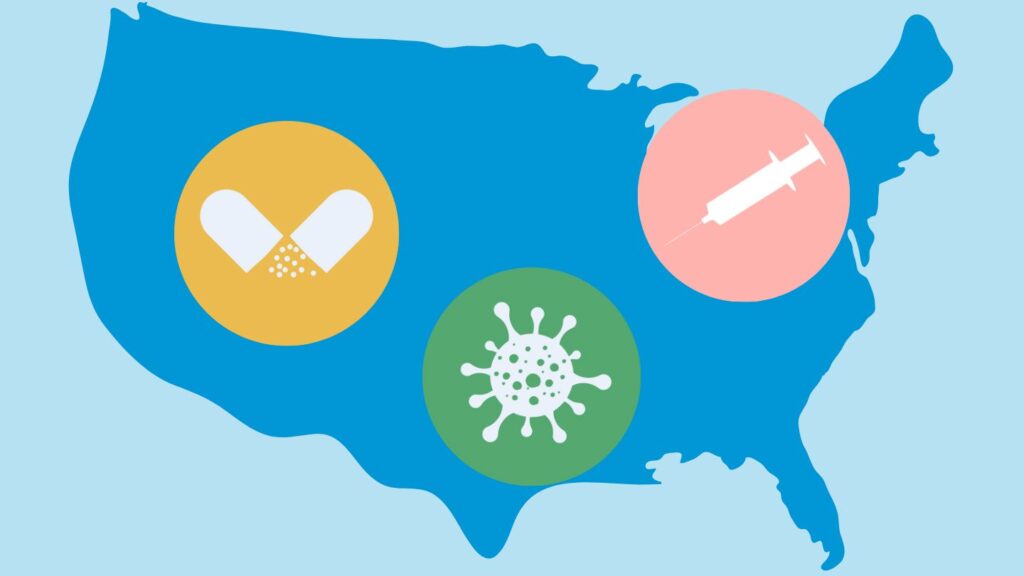As the United States heads into flu season, an unexpected influenza strain threatens to make the coming months especially harsh.
This could spell trouble for the U.S. if subclade K comes here.
Trouble Abroad May Signal Trouble Ahead for the U.S.
“Because influenza viruses don’t need a passport, I think it’s only a matter of time before this strain shows up in the United States,” says William Schaffner, MD, an infectious disease specialist and a professor of preventive medicine and health policy at the Vanderbilt University School of Medicine in Nashville, Tennessee. “It may even be here now, but because of the government’s recent shutdown, we haven’t heard much information about flu now for weeks from the CDC [Centers for Disease Control and Prevention].”
Even though these signs point to a potentially bad flu season, Dr. Schaffner urges the public not to panic. “We’ll have to see how this all plays out; it’s a little bit too early to tell,” he says. “Flu is fickle. It almost always defies predictions in one way or another.”
As the CDC gets back up to speed in the days ahead, more data regarding flu trends in the United States should become available, according to Schaffner.
A ‘Mismatched’ Vaccine May Leave Americans More Vulnerable
Because this year’s shot was not designed to mainly target subclade K, the variant may better elude vaccine protection, driving infection rates up.
Vaccination Still Provides Significant Protection
Even though this year’s flu vaccine may be somewhat of a mismatch for subclade K, infectious disease experts expect it to substantially heighten defenses against infection and especially help prevent severe illness, hospitalizations, and deaths.
“There are different strains of influenza every year, so unfortunately we don’t have a universal vaccine that you take only once,” says Aaron Glatt, MD, the chief of infectious diseases at Mount Sinai South Nassau hospital in Oceanside, New York, and a spokesperson for the Infectious Diseases Society of America. “The current vaccine is based on what went on in the Southern Hemisphere in their winter to guess what will be going on here in the Northern Hemisphere, so it’s not a perfect game.
“There are always matches and mismatches,” he says, “but those who are vaccinated should be more protected against this particular strain, subclade K. And even if they do get the flu, they are far more likely to have a milder episode than if they didn’t get the vaccine.”
Even people with strong immune systems can benefit from the vaccine.
“This virus can make even very healthy people very sick,” says Schaffner. “We emphasize that all people get vaccinated — not just the most vulnerable but also their caregivers and their family members. Nobody wants to be a dreaded spreader.”
With peak flu season arriving in January or February, it’s not too late to get your shot, but Schaffner urges people not to delay it — the immune system takes about 10 days to two weeks to fully activate its protection against the virus.

